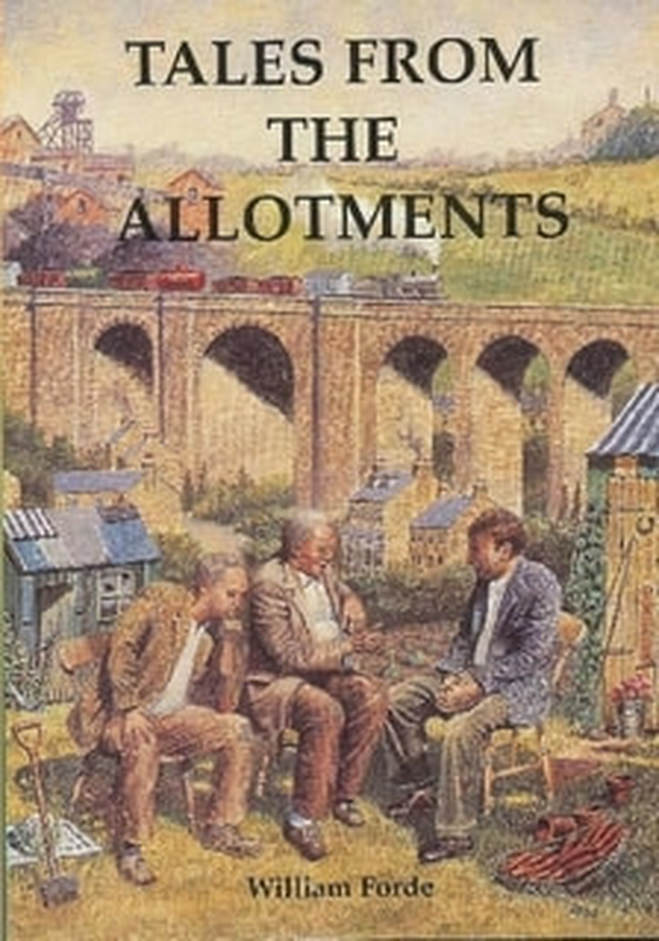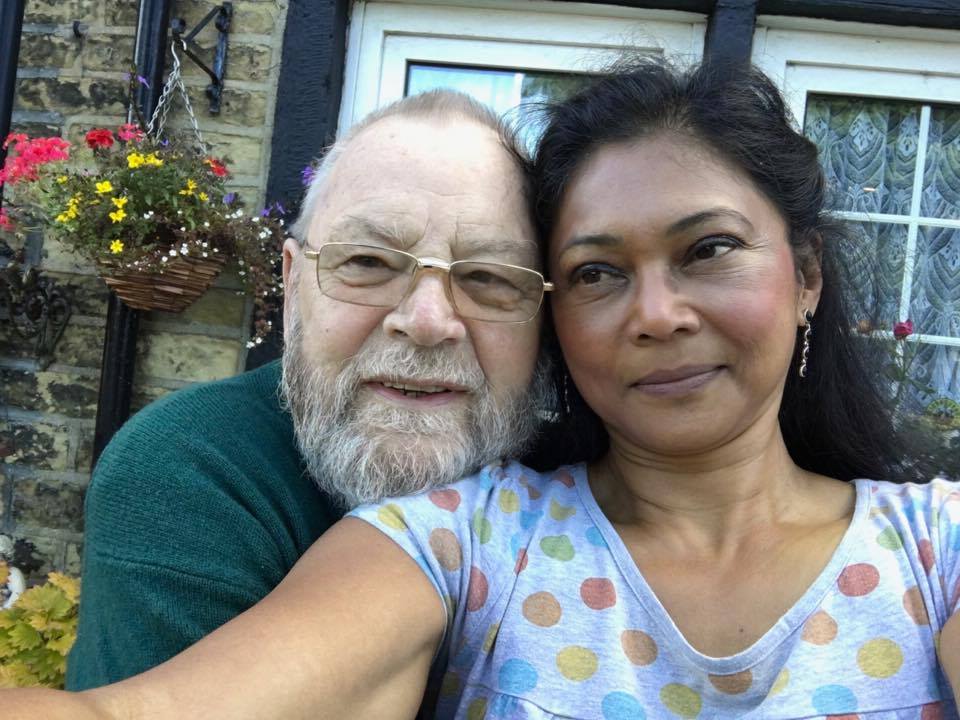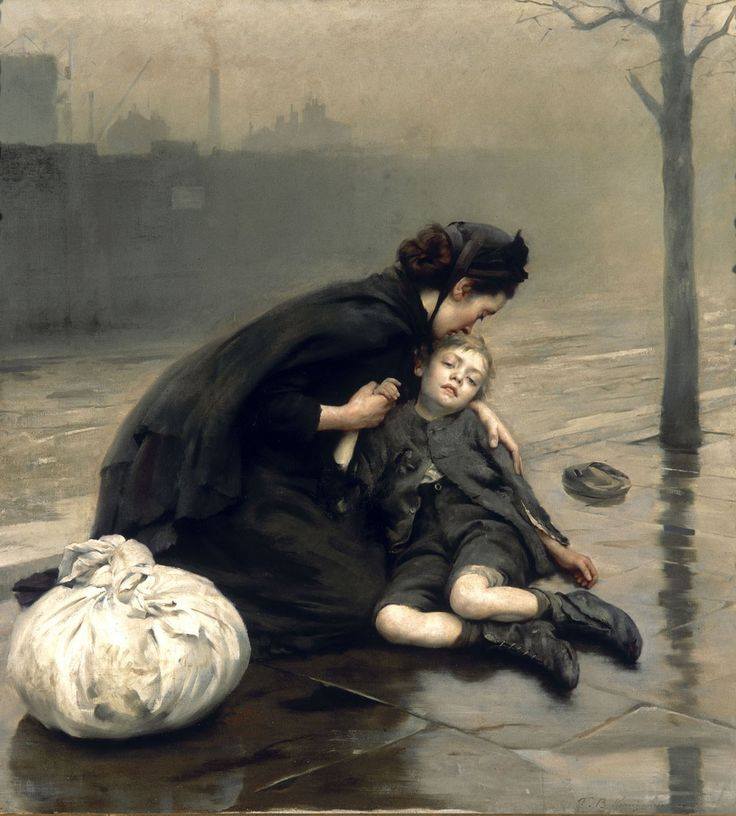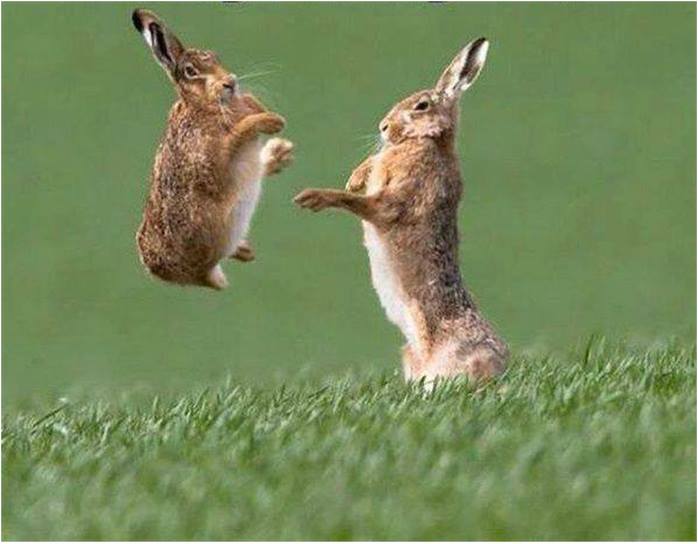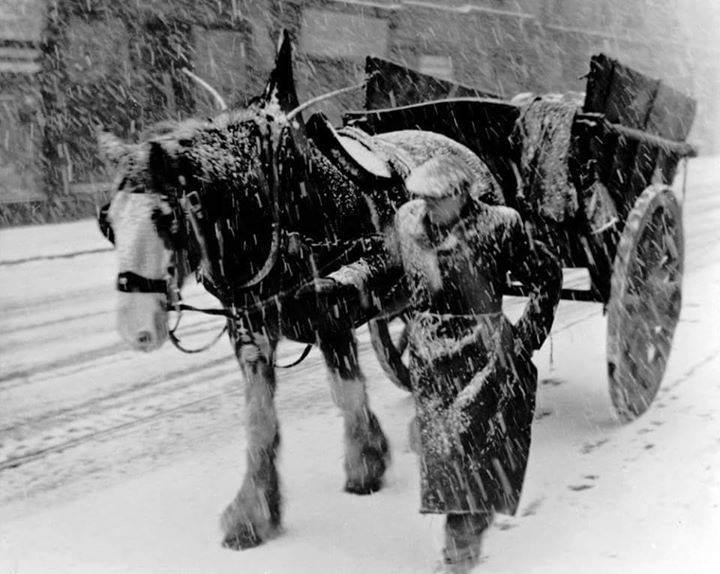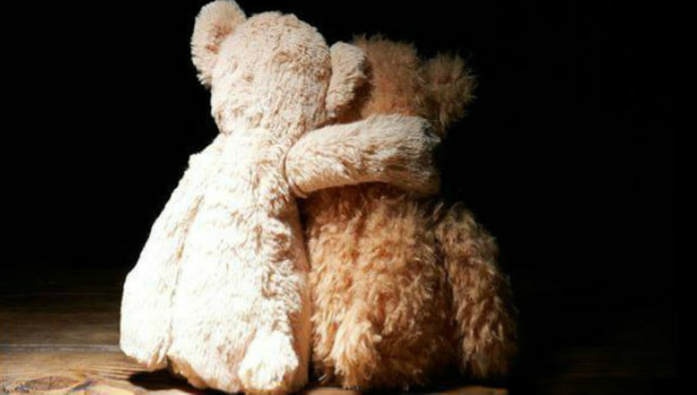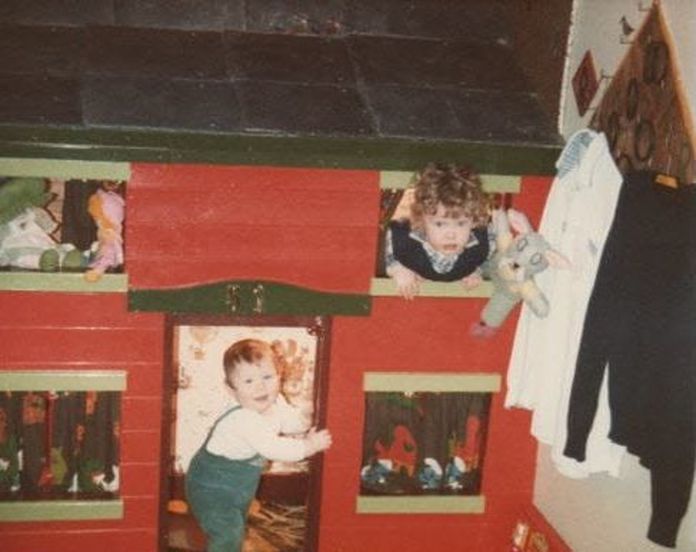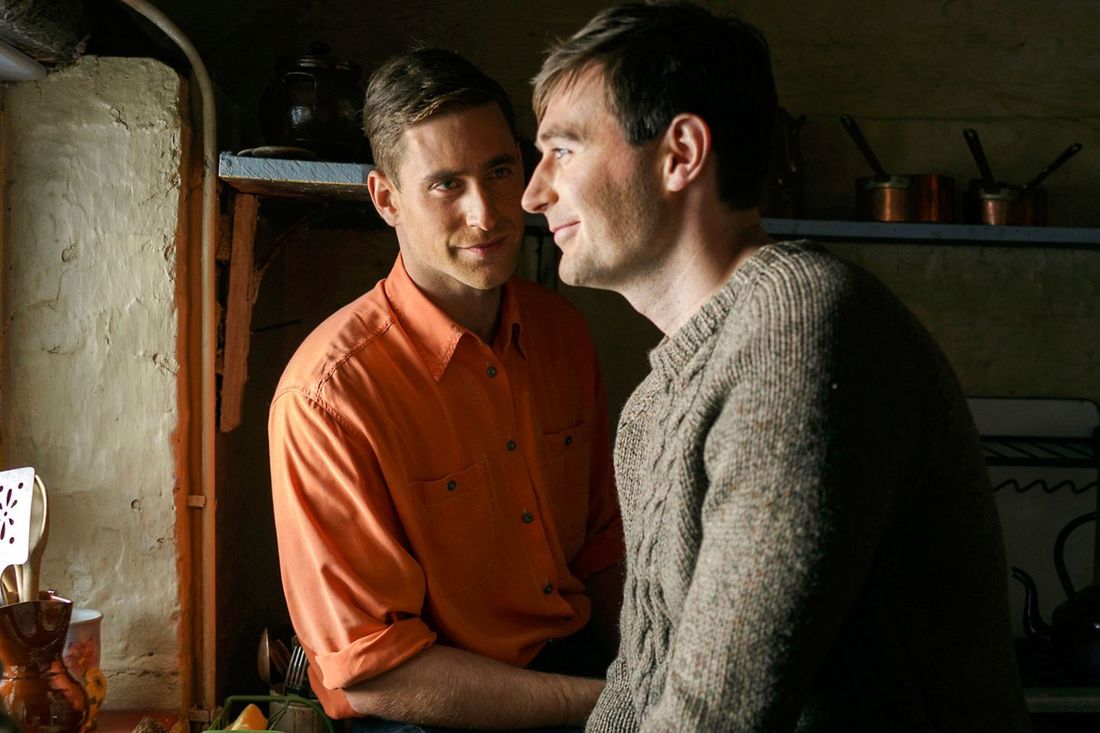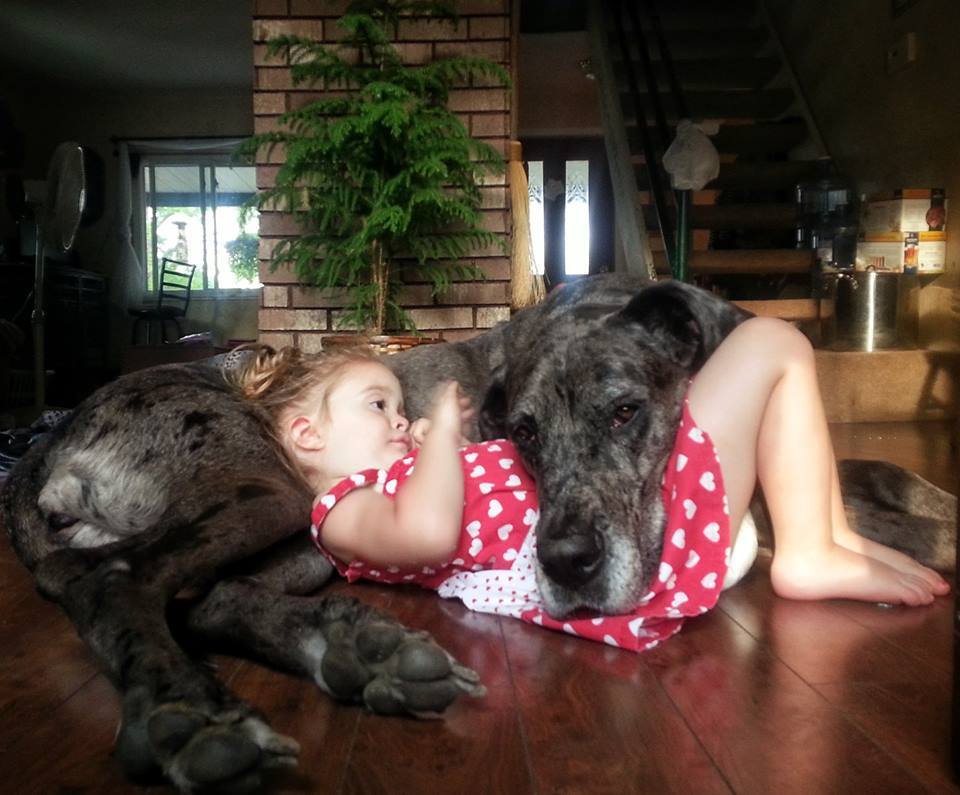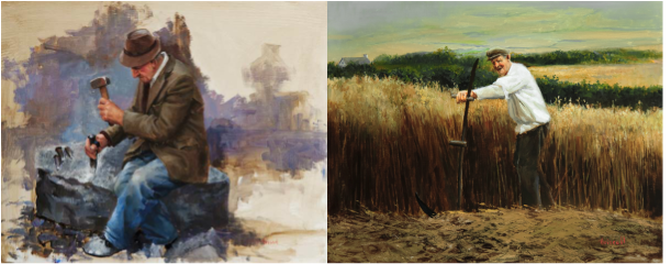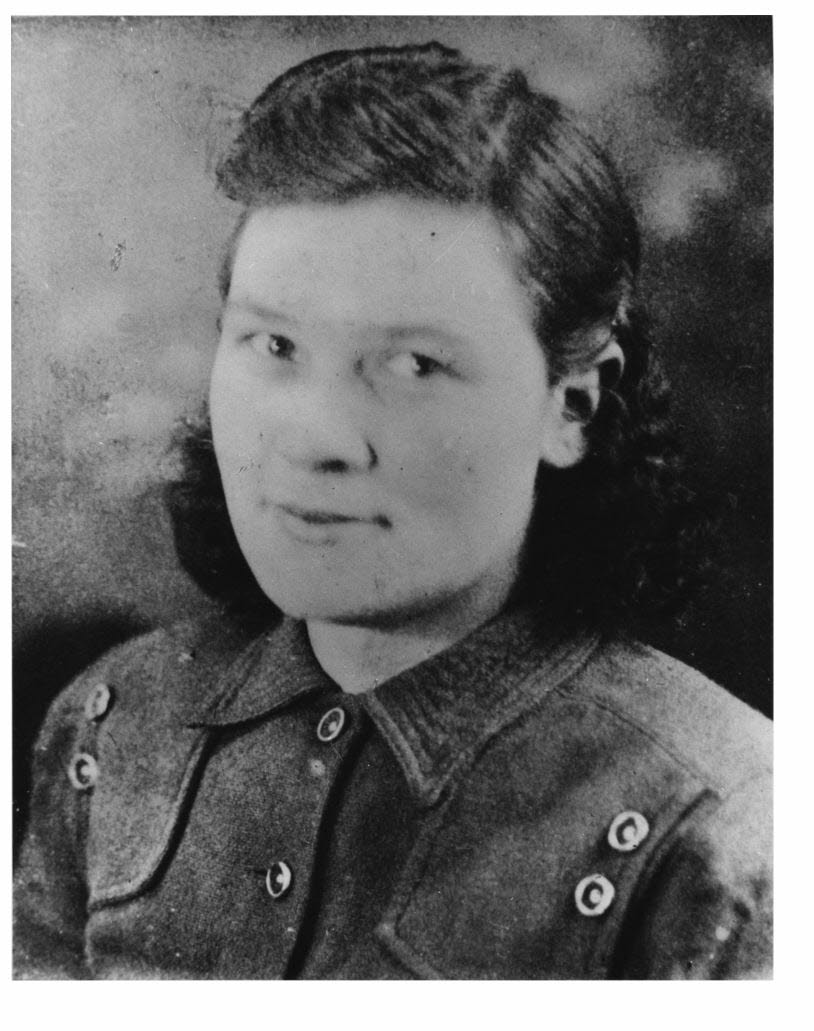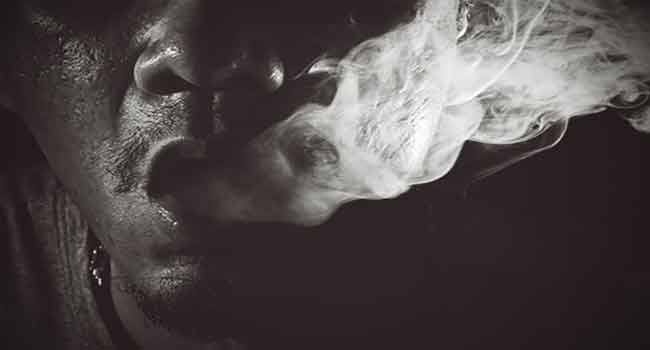
"As I lay in bed this morning listening to Radio 5, a news item mentioned the growing addiction to the use of credit cards and the mounting of debt one can easily accrue when our addiction to spending gets out of control. The more I listened and the things I heard, I gradually started to think, 'How foolish can one be? They must have been blind not to see the danger signs before things got out of hand!'
My mind stayed on this topic over breakfast and when I came to write my morning post, the subject seemed predestined; the addictions we all hold to this or that!
There is a common tendency when one thinks about 'addiction' to focus on the hard stuff like crack cocaine, chronic alcoholism or chain smoking etc. etc. without ever considering the type, nature, and extent of our own particular brand of addiction.
Addiction is a natural part of human behaviour that we all lend ourselves to. Like neurosis, we are all neurotic to some extent and in order to survive, we learn to adapt and substitute bad neurosis with a more socially acceptable form of neurosis. Similarly, we break one addiction by substituting it with a different type of addiction. Just as some overweight people and large food eaters who seek to change will become fanatical 'keep fit' addicts or start running ever greater distances each day of the week when the rest of the world is fast asleep, so people who have smoked heavily for sixty years and suddenly give up often become addicted to eating pounds of sweets and indulging in other comfort fatty foods instead!
It helps if we each accept that to be able to control, break, change or maintain our personal addictions, it is necessary to accept that we are each addictive to some behaviour or thing and also understand what it is that drives 'addiction' in general. Initially, addiction is maintained by pleasure, but the intensity of the pleasure soon diminishes and then the addiction is maintained by the avoidance of pain.
Of all the things my mother taught me through example as a young child, the very worse of her habits that I picked up at the age of ten years was to smoke a few cigarettes daily. Gradually, my habit turned into an addiction which became so strong that I was 62 years old before I stopped smoking at the third attempt. Even two successive heart attacks in two weeks at the age of 59; the latter which witnessed my heart stopped for a few minutes, didn't frighten me enough to give up smoking cigarettes for another two years! For decades I had kidded myself that I could control my behaviour if I really set my mind to it but like the confirmed alcoholic and hard drug addict, I finally needed to acknowledge that I couldn't break my addiction to smoking cigarettes without structured help and support.
My starting ground was to accept that I was addicted to smoking tobacco and that the best I could achieve was that I'd always be a tobacco addict who had stopped smoking. I also needed to acknowledge that my addiction, like all other substance or behavioural addiction had no moral superiority. I acknowledged that I was no better or worse than the food, drugs, gambling, pill popping, sex, collecting, television, mobile phone, computer, wife beater or credit card spender addict! Like them, we addicts were all trapped in a world of illusion, procrastination, and paralysis, with feelings never rooted in reality. We are all alike in major ways. Like rats in a maze, we want the same thing; instant reward, immediate gratification, and permanent relief, but it's a trap to believe it is beneficial.
In many ways, all addiction is an adaption from reality to a make-believe world of temporary relief. It is not you. It is the stupid part of us in control; not the smart self. I once read somewhere that we learn best when things go wrong, not to go with them. Most addiction is like a rotten tree that branches out; its negative impact touches everyone in your life. Addiction is a screwed up relationship. It is a pathological obsession that replaces people, an unforgiving force that fills one with emptiness and drives a moderate want into an entrenched need.
'I wanted a drink. There were a hundred reasons why a person will want a drink, but I wanted one for the most elementary reason of all; I needed one! I didn't want my body to be where my mind was! I didn't want to feel what I was feeling and a voice within was telling me I needed a drink and that I couldn't bear it without one. It was telling me that if I did not buy that item now at its reduced cost, it will not be there to buy when I returned to the shop.' These are things that many addicts tell themselves to explain away their irrational behaviour.
But beware; that inner voice is a liar; it is the voice of addiction. It is telling you that without it you will not be able to bear the pain. Well let me tell you, one can always bear the pain; one may not like it, need it, or want it, but until you are dead and buried, pain can be borne. Even when one is crying out, 'I can't bear it! I can't bear it! Even then, at its worse, the one thing you are demonstrably doing is 'bearing it!' As long as we choose the pain over the relief; we can stand it; we can keep going.
There lies behind every addiction an illogical reasoning and irrational belief that life can stand still. It can't; it either gets better or worse, but never stays the same. The most logical belief that all addicts can tell themselves is that, 'If I can quit for one day, I can quit for a lifetime, but it won't be easy, and that whether I tell myself I can or I cannot, will be true for me.' They have to start believing that while some indulgence isn't wrong, that an overindulgence of anything, even something as pure as water can intoxicate the senses.
From all the different kinds of addicts I have come across, the greatest inner drive of nearly all who have felt lost is the eventual location of one's heart. I have found that it only after they have learned how to feel good enough about themselves again that they can regain the strength to achieve and maintain positive changes in their behaviour. I have also learned that many addicts know no shame and that having disgraced themselves enough times, they seem to have become immune to it.
Giving up this or that often involves a sacrifice that enables one to live with the pain inside their head and the emptiness inside their heart until the wind of change gets behind you. Breaking one's addiction 'cold turkey' while extremely hard isn't impossible. When everything seems to be going against you, remember that the aeroplane takes off against the wind; not with it.
My work as a group worker over thirty years dealing with addictive and impulsive behaviour led me to recognise that often a person's addiction can represent their behaviour to mask and conceal not dealing with more basic truths in their life. As an old teacher of mine frequently quoted whenever he caught any boy smoking on school ground, 'You may get the monkey off your back, but until you break your addiction the circus never leaves town.Give it up, Boy! Give it up now!'
As a Christian, I am aware of the addictive nature of religion in some of our lives. Like W.h.Auden wrote, 'I sometimes see sin as being addictive, with the terminal point of that addiction being nothing less than damnation.' What I do believe, especially when I look back over some of my own life is that sometimes we only find our Heaven of a peace on earth by backing away from the Hell of all addictions. " William Forde: August 30th, 2017.

